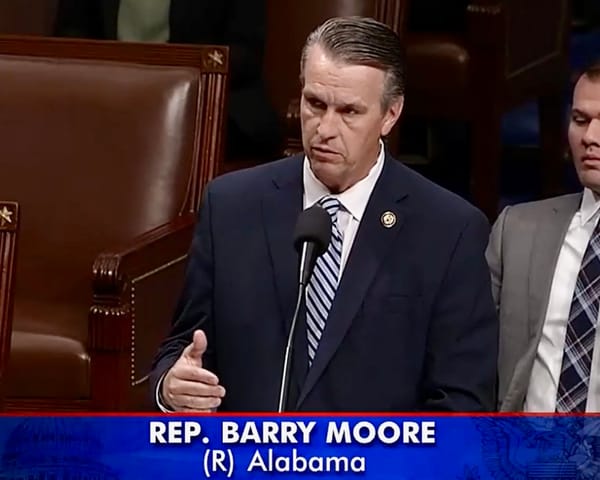17% Tariff on Mexican Tomatoes Levels the Field for Alabama Growers
All Trump tariffs helped create $27 billion federal budget surplus in June

Tomato growers across Chandler Mountain say the playing field finally looks fair after Washington reinstated a 17 percent duty on fresh tomatoes from Mexico, ending a nearly 30‑year suspension agreement that critics say was riddled with loopholes.
The move, announced July 14 by the U.S. Commerce Department, follows years of complaints that Mexican producers “price‑dumped” below U.S. costs. Alabama farmers argue the new tariff restores balance without punishing shoppers.
Smith Tomato Farm, a 120‑acre operation atop Chandler Mountain in St. Clair County, has watched neighboring patches disappear.
“Less than 20 years ago, there was over 10 farms here on this mountain. Now there's barely five… and as another 20 years goes by, there's going to be less and less,” owner Chad Smith told WVTM‑13.
Smith said past price floors were easy to skirt: “If they send the tomatoes over and it's supposed to be a set price and they need to move tomatoes, well, they may just give a load of bell pepper for free… so, it's never really worked.”
Only two days after the tariff took effect, interest in his crop spiked. “We've actually had a lot more calls… and the price hasn't even changed,” he added.
Blake Thaxton of the Alabama Fruit and Vegetable Growers Association backs the duty. “Food security is national security, and we need to be able to produce our own food here in the United States,” he said, noting U.S. farmers pay workers roughly ten times Mexico’s hourly wage.
While some analysts warn salsa and pasta sauce could inch higher, most expect only modest bumps. Time magazine calculates a rise of “a few dozen cents” on a typical grocery basket.
Fresh produce is just one piece of a wider tariff strategy. Treasury data show customs duty collections hit $113.3 billion in the first nine months of fiscal 2025—already a record and nearly double last year’s pace. In June alone, tariffs brought in $27 billion and helped flip the monthly federal balance sheet to a $27 billion surplus.
That influx has pushed tariffs to the fourth‑largest revenue stream for the government, trailing only withheld income taxes, non‑withheld income taxes, and corporate levies. Officials argue the new income arrives “with no inflation,” countering critics who link tariffs to higher consumer prices.
U.S. grocers rely on Mexican tomatoes, especially in winter, so shoppers may not feel the difference until colder months. Yet Chandler Mountain growers say the policy shift offers a lifeline today.
“If we can keep this ground, maybe those empty fields will grow tomatoes again,” Smith said, glancing over a ridge once dotted with vines.
Interestingly, PJMedia—which picked up the WVTM-13 story—and now ALPolitics.com, are among the few outlets covering just how happy many of America’s small farmers are with President Trump’s tariffs.




